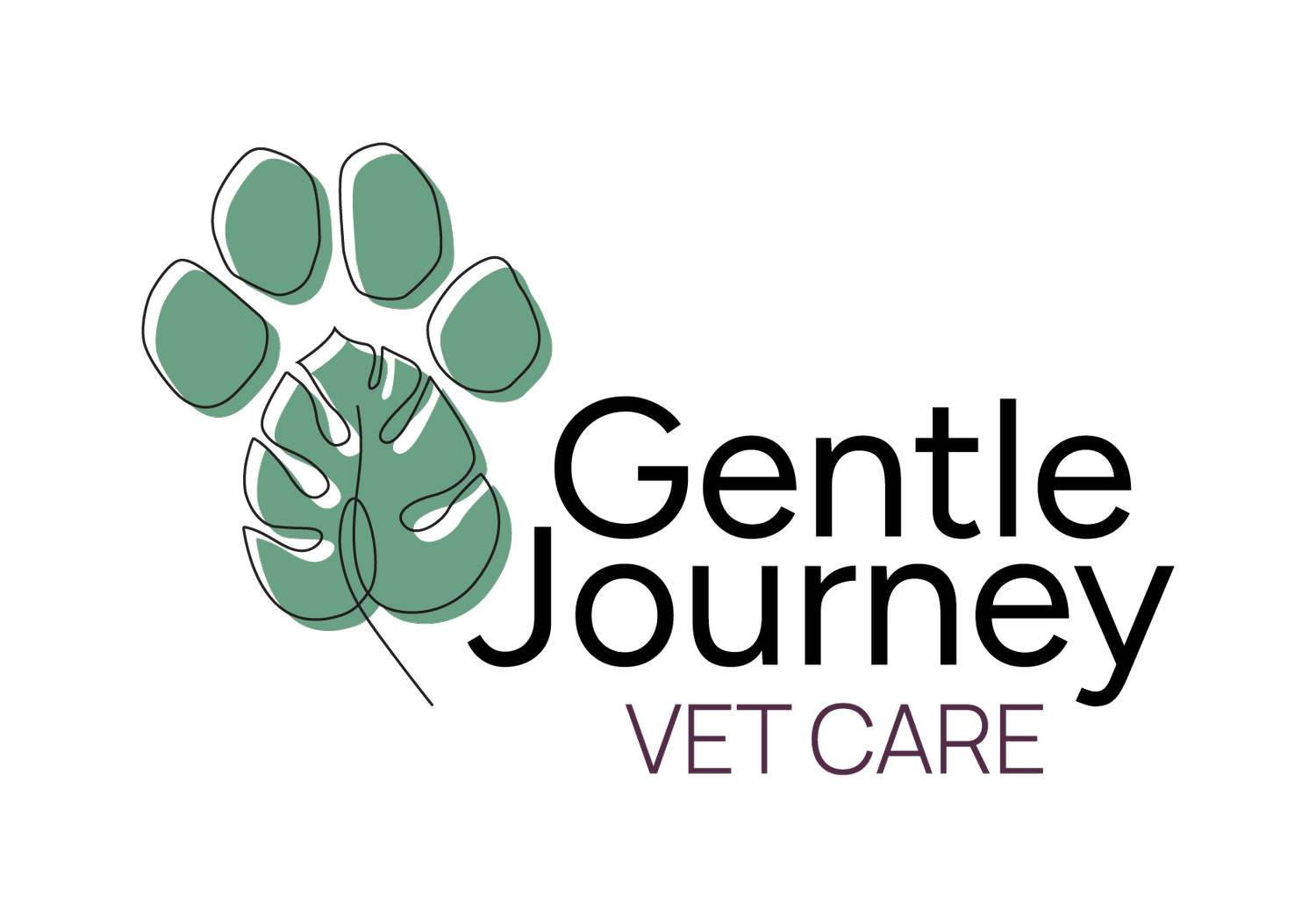What is Anticipatory Grief?
If you have loved and lost someone, you have experienced grief. Grief—the emotion of deep sorrow—is something we are all familiar with after a loss. Anticipatory grief—the feeling of grief before a loss is experienced—is not something we often talk about. So, let’s talk about it.
Anticipatory grief is the feeling of knowing a loss is coming and can start a grieving process before the loss. It sometimes can happen as you grieve the changes leading up to the loss of life.
In general, our society downplays grief. They wait impatiently for us to recover from a loss and get back to “normal.” This is demonstrated by most American workplaces granting bereavement periods of 1–7 days. But for those of us who have experienced grief, we know that it’s not that simple, and it is definitely not that short. And for the loss of a pet, this grief is often not given the respect and time it deserves.
When discussing grief, I like to use a metaphor that has helped me when I have experienced loss in my life. I describe grief as a monster. At first, it's big and ugly, taking up space and crashing through your life. But as time passes, you befriend the monster. You get used to the monster being around, and you even share a chuckle or a smile from time to time. But the monster is and always will be there.
Anticipatory grief is that monster showing up while your pet is still around. It is often experienced by caregivers of pets with chronic or terminal disease, but it can happen at any time in your pet’s life and at any stage of their health. It's like waiting for the other shoe to drop. You may worry what your life will be like without them, or you can even miss them while they’re in the same room as you.
So how do we handle anticipatory grief?
Name it
First, name it. Maybe you already knew the term but you didn’t know it was what you are currently feeling. Maybe you’ve never heard it before. But labeling an emotion can be a relief in and of itself.
Process it
Next, make sure you have someone to process your feelings with. This may be a licensed therapist or a supportive family member or friend. Caregiving can be isolating, frustrating, and exhausting, and no one should have to do it without support. Be patient with yourself as you process these feelings. Anticipatory grief is a big emotion and there is no correct timeline to process it.
Lean on your team
Lean on your care team! If you feel comfortable, ask your pet’s care team for help—that's what we are here for! This may include a pet sitter, walker, groomer, physical therapist, or specialty veterinarian. Make sure you are comfortable with your pet’s level of care, quality of life, and comfort. If you are not sure what help you need, it can help to talk with a palliative care veterinarian to find ways to work with you and your pet.
Plan
For some, it’s helpful to plan. Discuss what humane euthanasia or natural passing may look like with your veterinarian. Ask what happens throughout the process, including afterward. What would the most peaceful way to pass look like for you and your loved pet? It can be easier to think and make these decisions when you and your pet are not in a crisis.
Carpe Diem
Do your best to appreciate the time you have left. This can feel so hard when you’re already grieving, so do your best. Create a wish list or a bucket list. It’s ok to cancel plans or invite people over to ensure you get to maximize time with your loved one. Hire a photographer to capture moments with your pet, get a tattoo, or make a glass paw print to hang on your wall. No matter what you do with your pet, the time will be worth it.
Anticipatory grief is the feeling of grieving before your loved one is gone. It is a common and normal feeling, but it can go overlooked or unacknowledged. By naming the feeling, asking for help and support, and making some plans—you can manage the monster that is anticipatory grief.
If you need help or support with your pet, including hospice care or a bucket list ideas, please reach out and schedule a virtual consultation. We’d be honored to join you on your pet’s journey.


